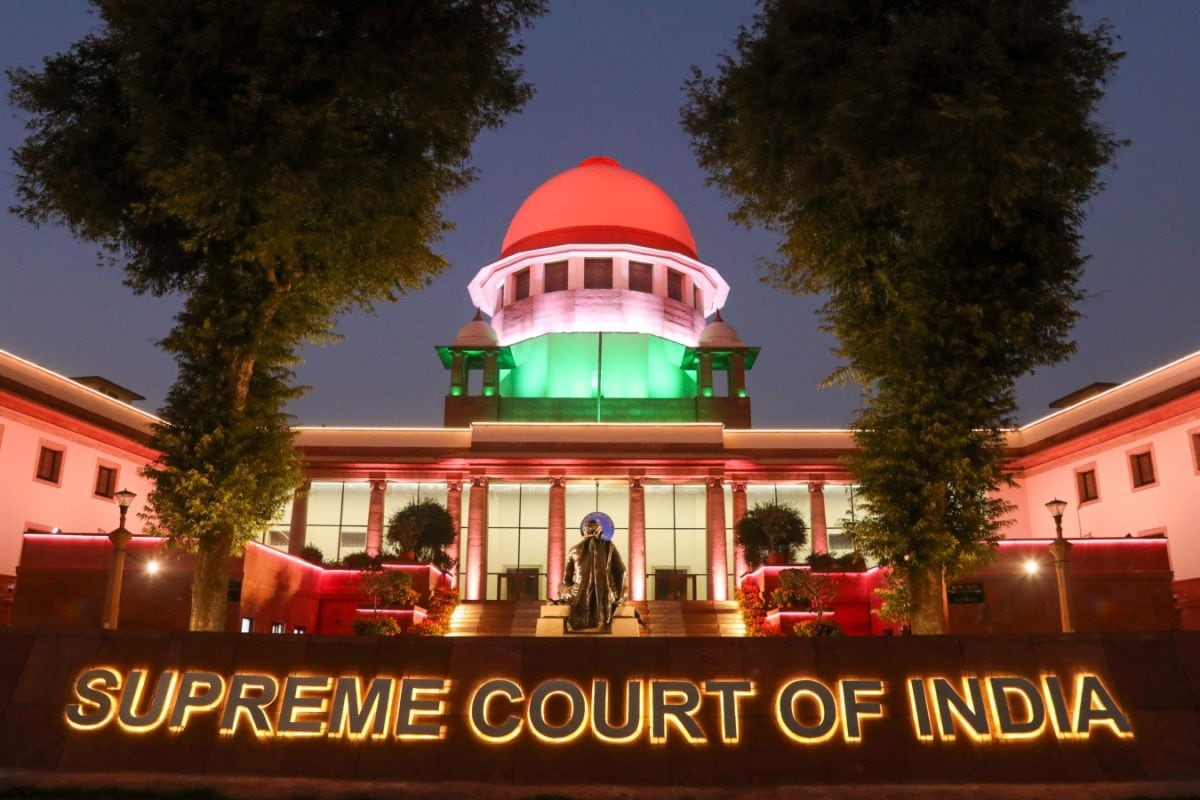

The Supreme Court of India has taken a significant step towards safeguarding against potential misuse of Section 498A of the Indian Penal Code, which deals with cruelty against married women. The court has expressed concerns about the increasing instances of the law being used to harass husbands and their families, leading to potential miscarriages of justice. In a recent ruling, the Supreme Court has put a hold on automatic arrests in cases registered under Section 498A, emphasizing the need for a more cautious and considered approach. Furthermore, the court has advocated for a "cooling period" of two months before any arrests are made, allowing families time to resolve disputes and explore reconciliation.
Section 498A of the IPC was enacted to protect women from harassment and cruelty within their marital homes. It is a cognizable and non-bailable offense, meaning that arrests can be made without a warrant, and bail is not easily granted. While the law has served as a crucial tool for protecting vulnerable women, concerns have been raised about its misuse, with allegations of false or exaggerated complaints being filed to settle personal scores or to put undue pressure on the husband and his family.
The Supreme Court's intervention comes in response to growing concerns about the law's implementation. The court has observed that many cases filed under Section 498A are often based on flimsy evidence or lack concrete proof of cruelty. This has resulted in the arrest and detention of innocent individuals, causing significant personal and social hardship. The court has also noted that the high arrest rate in these cases often leads to fractured families and strained relationships, making reconciliation even more difficult.
To address these concerns, the Supreme Court has directed that arrests in Section 498A cases should not be made routinely. Instead, the police should conduct a preliminary inquiry to assess the veracity of the allegations and to determine whether an arrest is truly necessary. The court has emphasized that arrests should only be made when there is a reasonable apprehension that the accused may abscond, tamper with evidence, or influence witnesses.
The "cooling period" of two months is another significant aspect of the Supreme Court's ruling. During this period, the parties involved are encouraged to engage in mediation or counseling to resolve their differences amicably. The aim is to provide an opportunity for reconciliation and to prevent the breakdown of marriages. The court has suggested that family welfare committees or other similar bodies can be involved in facilitating this process.
This ruling by the Supreme Court is a welcome step towards ensuring that Section 498A is not misused and that the rights of all parties involved are protected. It strikes a balance between safeguarding women from cruelty and preventing the harassment of innocent individuals. By emphasizing the need for a preliminary inquiry and a cooling period, the court hopes to reduce the number of frivolous arrests and to promote reconciliation in marital disputes.
The Supreme Court's decision is likely to have a significant impact on the way Section 498A cases are handled in India. It is expected to bring greater scrutiny and accountability to the arrest process and to encourage a more conciliatory approach to resolving marital conflicts. While the law will continue to serve as a deterrent against cruelty towards women, it will now be implemented with greater caution and sensitivity, ensuring that justice is served fairly to all.